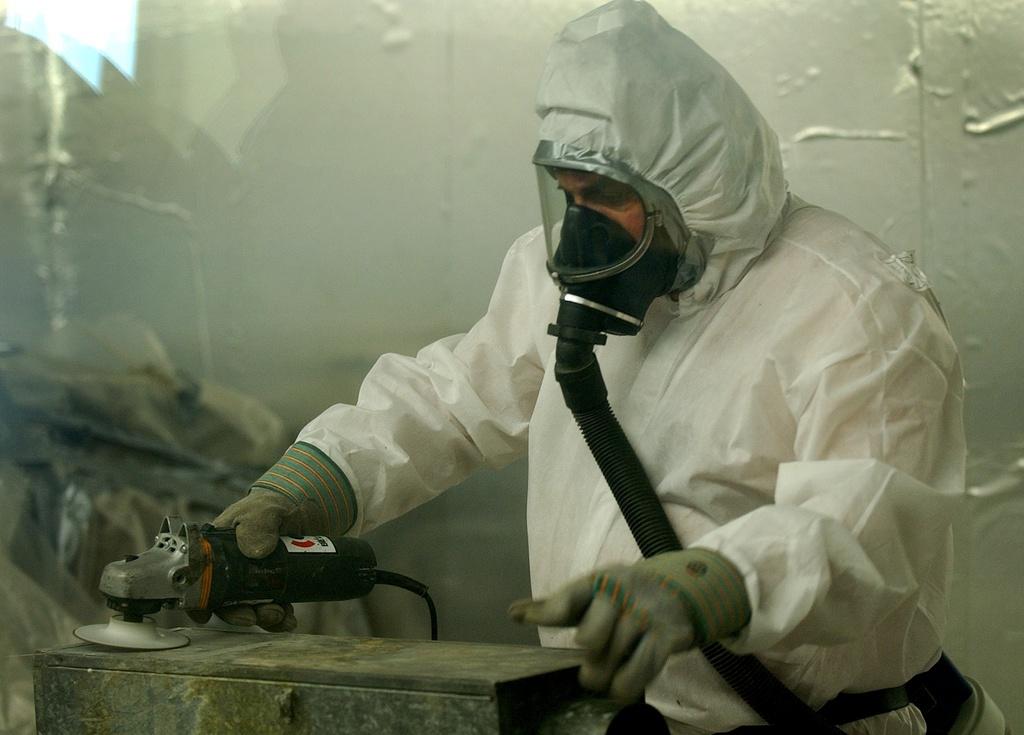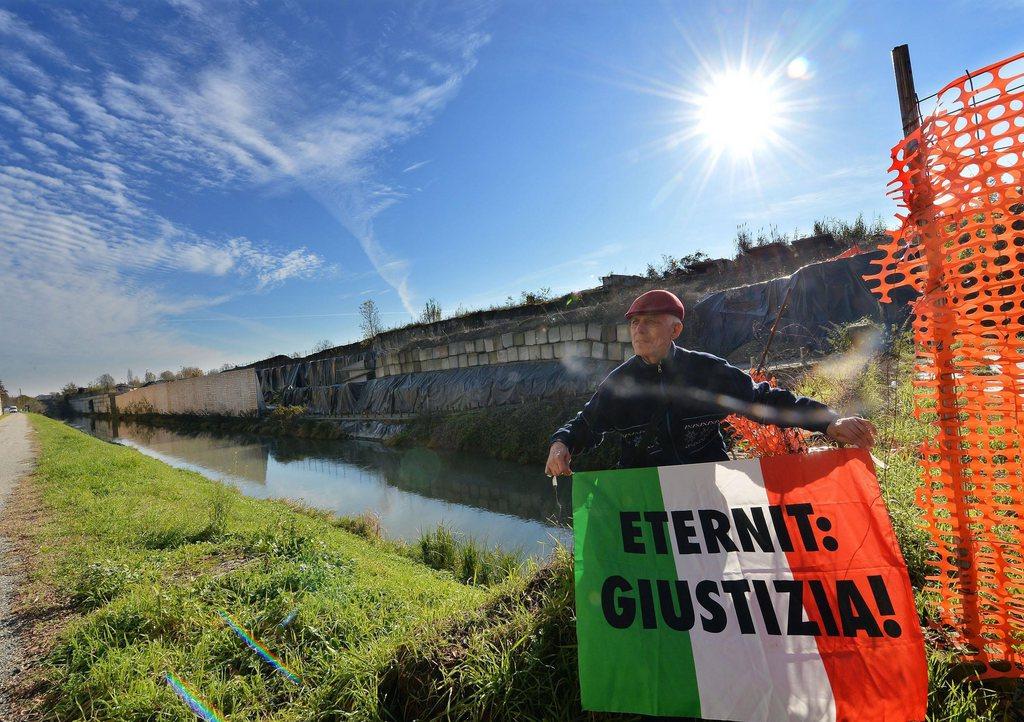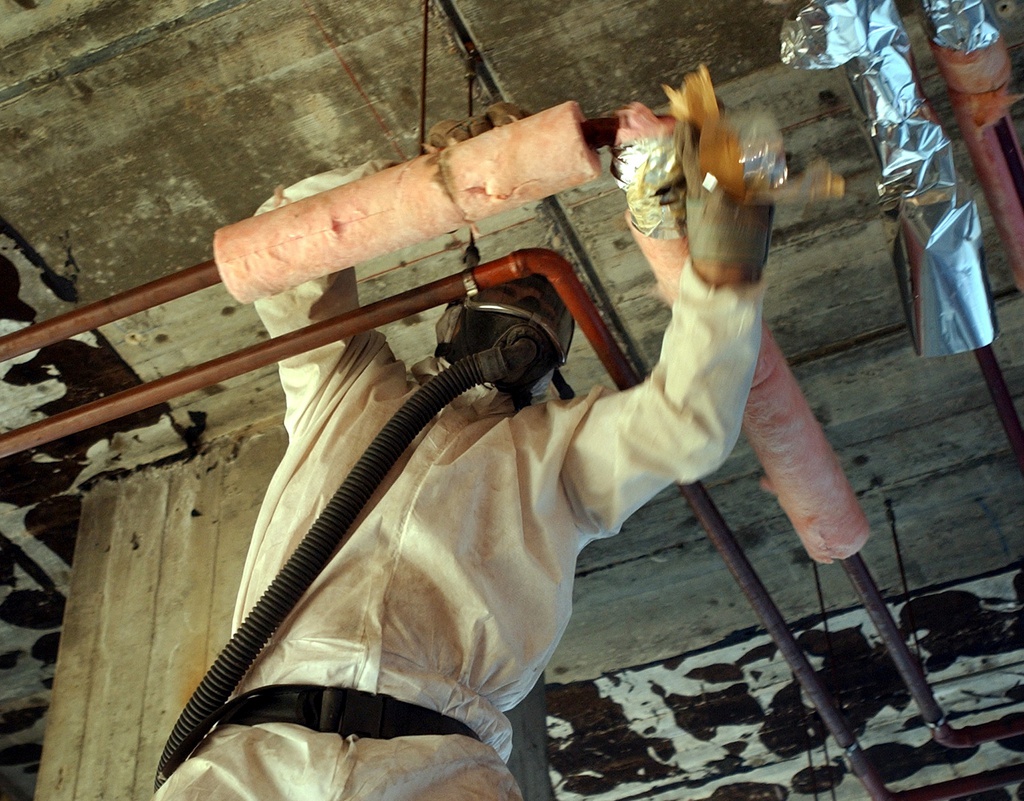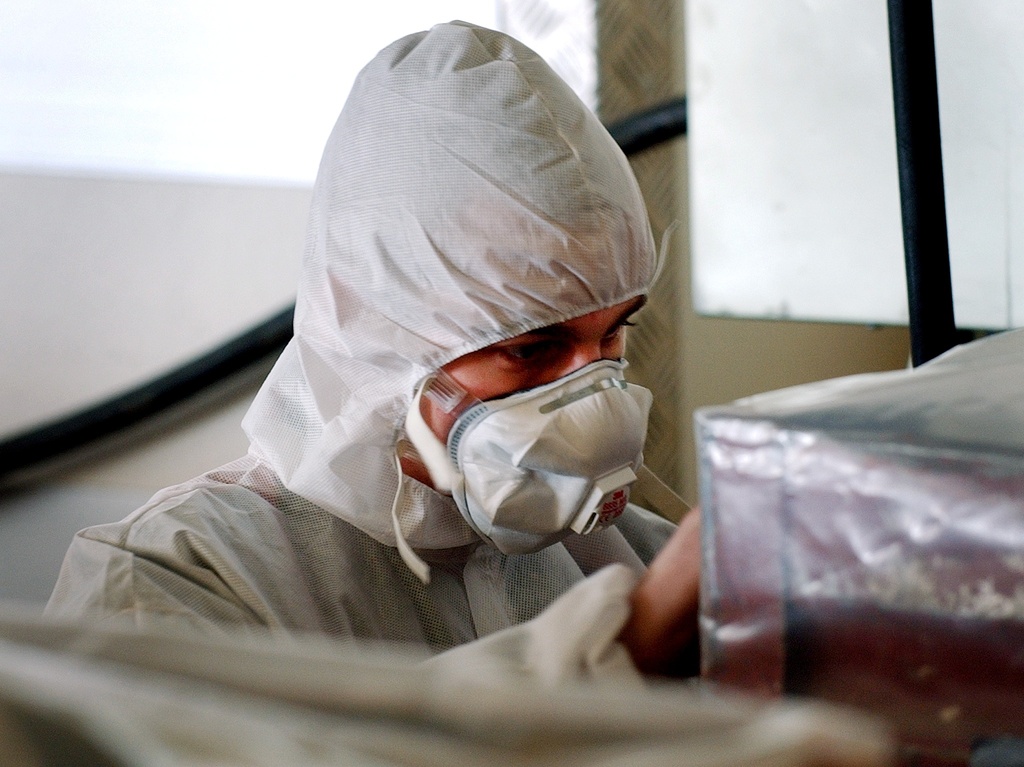Round table looks to help asbestos cancer victims

A round table is to be set up with the aim of stopping victims of asbestos falling into financial hardship when they are ineligible for insurance paid for by an employer.
Around 120 people every year in Switzerland develop a malignant tumor in the pleural lining of the lungs or in the abdomen, due to having breathed in high quantities of asbestos fibre in the past.
Asbestos was made illegal in Switzerland in 1989. Accident insurance, which is paid for by an employer, covers the medical costs if the terminal illness was work-related.
Around a quarter of cases are non-work-related however, this includes people who were self-employed, worked with asbestos of their own accord or who lived near to businesses which processed asbestos. Financially, they face a very difficult situation.
The round table is to include representatives from industry, trade unions, the asbestos victims’ association and the authorities. The cabinet said on Wednesday it would be led by ex-minister Moritz Leuenberger.
The goal would be to find a solution to the severe financial problems faced by people suffering from asbestos-related illnesses who are not eligible to benefit from accident insurance.
The different parties involved are still far from reaching an agreement. Interior minister Alain Berset said it was “a very complex situation” and that this was the “beginning of a process”.
Those with a claim to make have to do so within ten years, to be within the statute of limitations on personal injury. The cabinet initially proposed that this be extended to 30 years, the House of Representatives agreed to an extension, but suggested 20 years. It is still under discussion in Parliament.
Cases which have already lapsed under the statute would not be retrospectively included in an extension.
The background to this part of the discussion is a ruling by the European Court of Human Rights which said that the length of time set out in Swiss law violated the right of access to a court set out in the European Convention of Human Rights.

In compliance with the JTI standards
More: SWI swissinfo.ch certified by the Journalism Trust Initiative



You can find an overview of ongoing debates with our journalists here. Please join us!
If you want to start a conversation about a topic raised in this article or want to report factual errors, email us at english@swissinfo.ch.